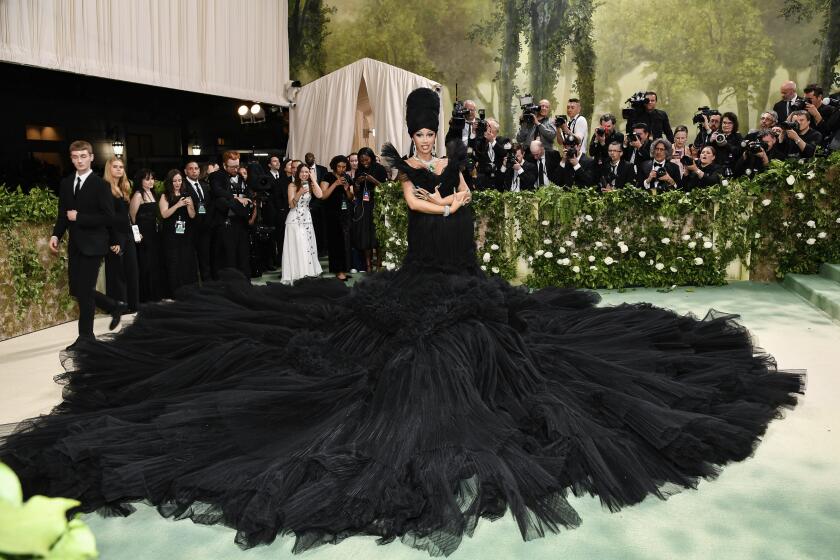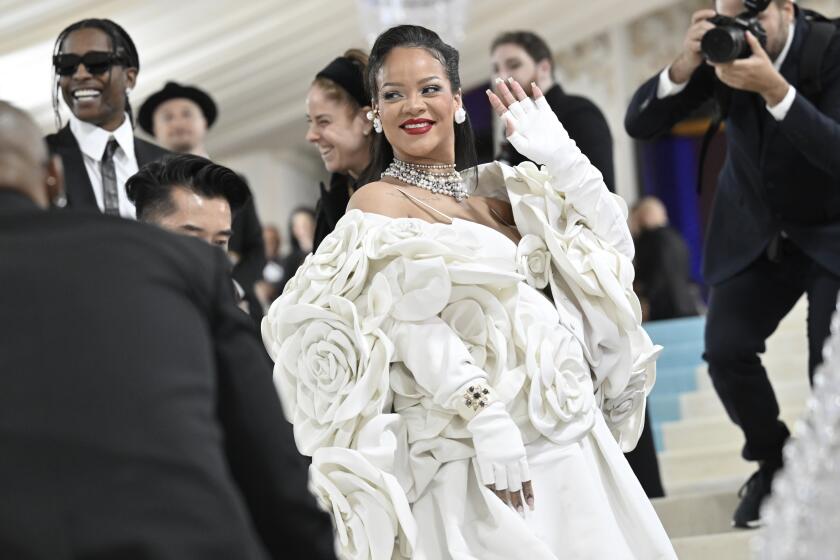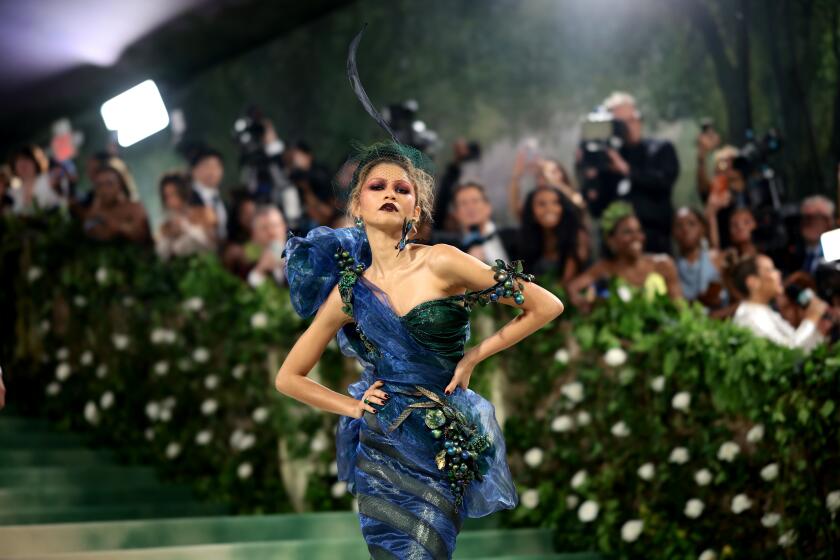Now Wear This
For trend addicts, DailyCandy.com is the hard stuff. A fashion/lifestyle content site based on the notion that no 24-hour period should pass without a bulletin on the hottest new restaurant or hippest new shoe, DailyCandy was launched by former print journalist Dany Levy in 2000. Since then, she has e-mailed a tsunami of daily tips to a growing subscriber base, with separate editions for Los Angeles, New York and Chicago and a San Francisco edition due for launch after Labor Day. There is also DailyCandy Kids, while the truly omnivorous can opt for the all-city package, DailyCandy Everywhere. The praxis company recently caught the eye of Bob Pittman, former COO of AOL Time Warner, who spearheaded a reported multimillion-dollar investment in DailyCandy. Levy, who retains full editorial control and is now bicoastal, gave us the latest word.
A mere few years after the tech debacle, dot-coms are big business again. Where did the idea for DailyCandy come from?
Part of my inspiration was thestreet.com, which is a daily e-mail about Wall Street. I thought, “Why has no one done that on fashion and lifestyle?” All it’s meant to do is keep you plugged in to one thing each day; it could be restaurants, sales, jeans, digital cameras, whatever, and it saves time. You don’t have to weed through every single publication to find out what’s the next big thing. The greatest compliment I received was when someone told me we were like the Consumer Reports of style.
Where does DailyCandy draw the line in the increasingly blurry divide between editorial content and “advertorial”?
When we write about something, it’s because we found it, like it and we think readers might like it too. One can’t pay to be featured in DailyCandy’s editorial. Like most media, our primary revenue source is advertising, which we place around daily e-mailed items. They’re marked “advertisement,” or “sponsored link.” We also on occasion send out “dedicated” items that are labeled as such.
You’re expanding pretty quickly. Can you avoid repeating dot-com bust history?
I never went the VC [venture capital] route. I started DailyCandy in 2000 with money I’d saved to go to business school. I operated on a very lean budget. I’d heard too many horror stories about venture capital.
Do you see contrasts between your New York and Los Angeles readerships?
New York is a lot more obsessed with restaurant culture; it’s much more of a food town. In L.A., there’s more armchair voyeurism going on. No one had ever given a solid nod to the fact that L.A. had a lot of interesting things going on other than movie deals. There was a lifestyle thing that wasn’t celebrity.
DailyCandy and other trendspotting sites seem aimed at women ages 25 to 35. What is it about this demographic?
Here are these Gen X women. They’re well-educated, they’re savvy, they know what they want, and they don’t want to be spoken down to like a lot of fashion publications do. Nobody proclaims: “White is the new black!”
Are Internet lifestyle updates purely a youthquake phenomenon? Could boomers use a trend bulletin? Seniors?
The demographic I’m reaching is highly consumptive and online and liking to be first. There’s something about the power of that little e-mail forward button that boomers and seniors wouldn’t understand. Some would, but my guess is that the majority wouldn’t.
Will that e-mail forward button revolutionize publishing as we know it?
With forwarding, the Internet has this built-in marketing tool. We’ve done no advertising and little to no marketing except putting postcards and stickers around. We grow by hundreds of subscribers every day because people forward it along. There’s zero cost to publishing, basically. It’s powerful.
What does DailyCandy feed first, the need to know or the need to consume?
Sometimes you want to know, sometimes you want to do. A large portion of our subscriber base is very active. People we’ve written about get inundated with orders and calls. It’s good cocktail party chatter, too. It’s cultural literacy, in a way. I’m not saying you have to know what the newest jeans are to be culturally literate, but a lot of people want to know these things. “Hey, did you hear the guys from Koi just opened a new place?” Or, “Did you hear about that fat-burning water that’s just come out?”
Fat-burning water?
Does it exist? Yes, it does exist.



